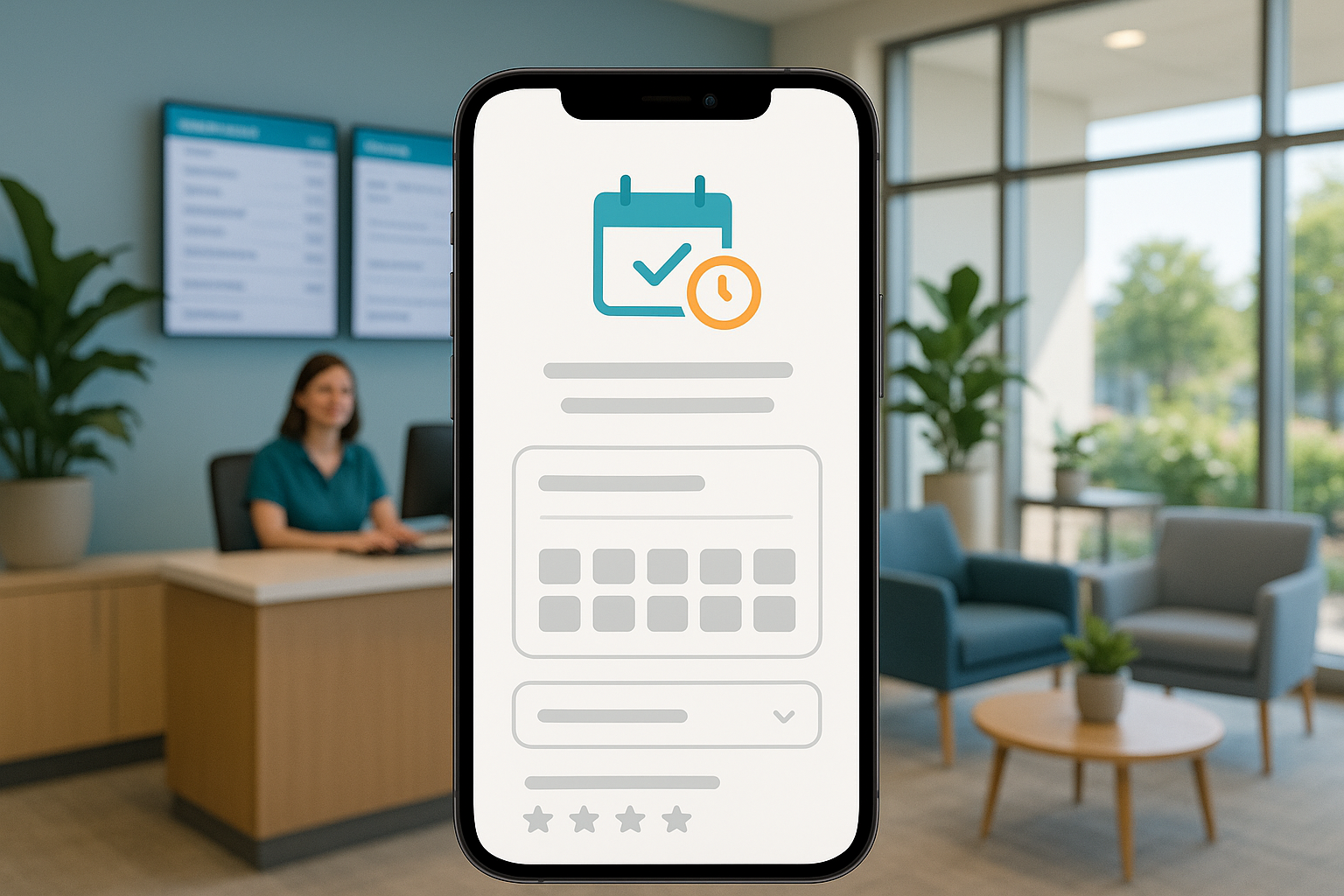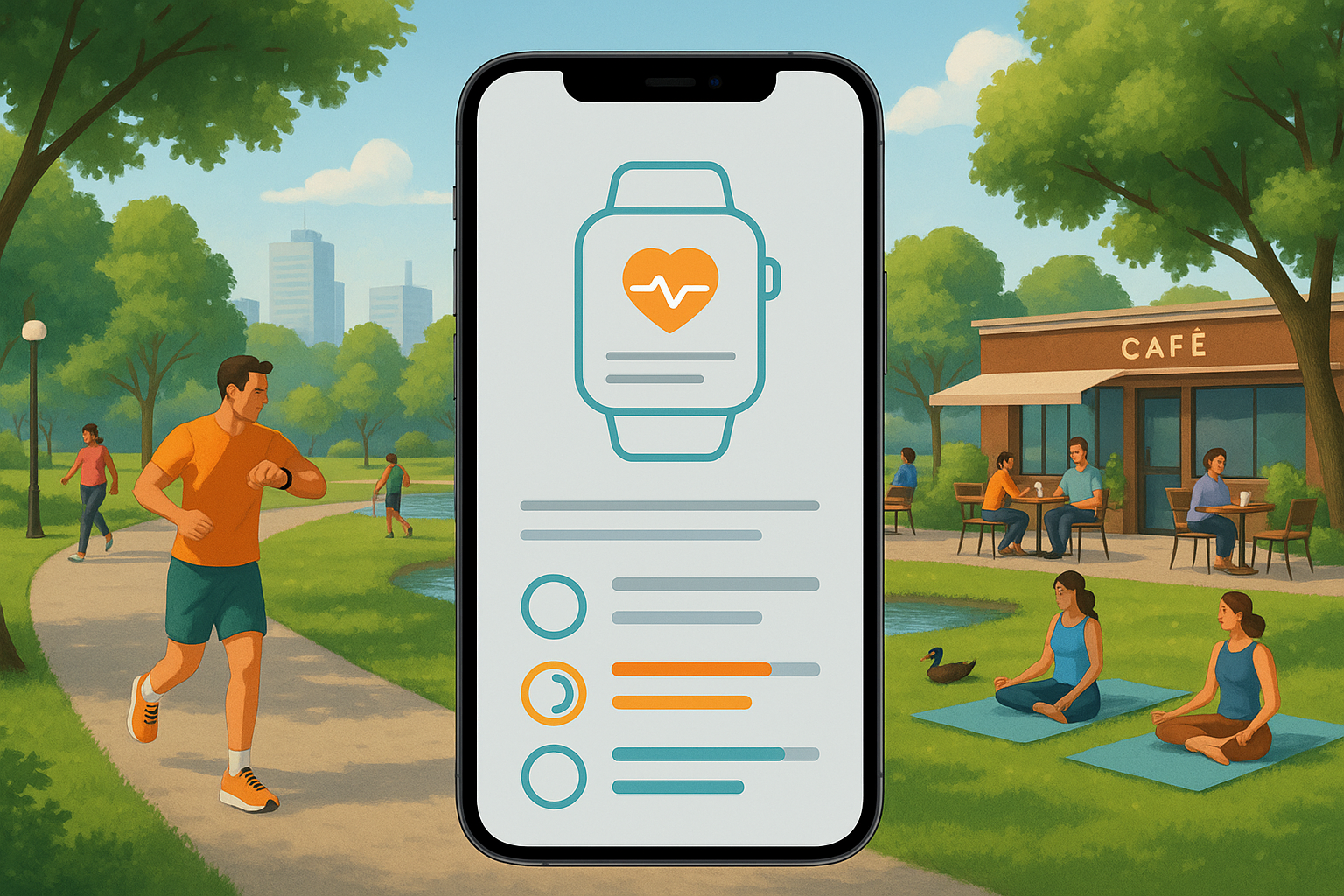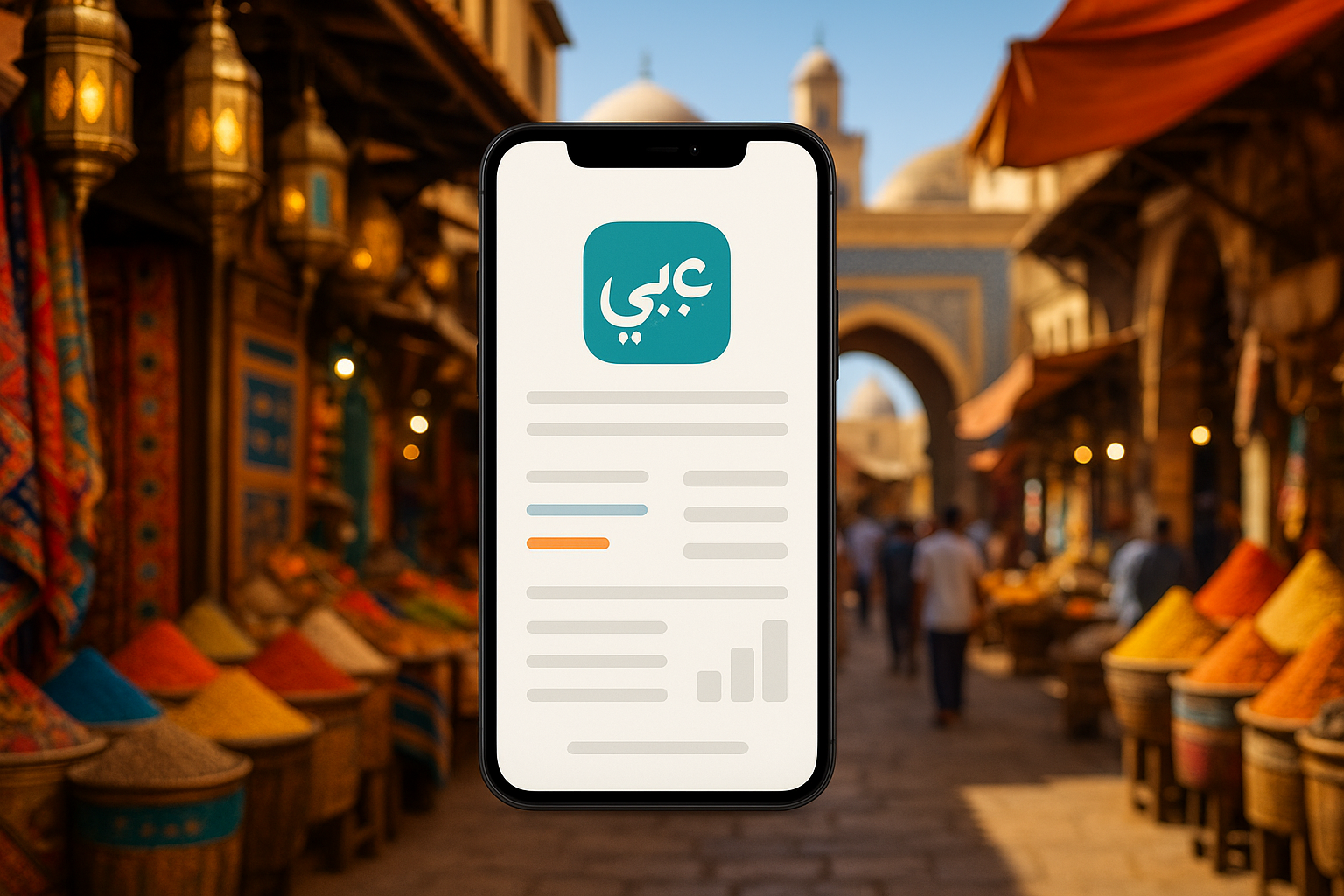Introduction
In today’s fast-paced digital world, efficiency is paramount. For service-based businesses, managing appointments is the lifeblood of operations, yet traditional methods of phone calls and manual calendar entries are inefficient, prone to error, and frustrating for both staff and clients. The clear solution is a dedicated appointment booking app, a tool that promises to streamline scheduling, reduce administrative overhead, and enhance the customer experience. However, the path from concept to a fully functional, reliable booking app is fraught with technical complexity.
Developing a robust appointment booking system is far more than creating a simple web form. It requires intricate integrations with multiple calendar systems, secure payment processing, real-time data synchronization across different time zones, and an intuitive user interface that works flawlessly on any device. Attempting this in-house without a specialized team can quickly drain resources, delay timelines, and result in a subpar product that creates more problems than it solves.
This article serves as a comprehensive guide to appointment booking app development. We will explore what these applications are, why they are so challenging to build, the different types available for various industries, and the associated development costs. We will also highlight the leading companies and platforms in this space. As a top US AI-powered app development firm with over two decades of experience, we at MetaCTO have guided countless businesses through this exact journey. We understand the hurdles and specialize in building and integrating sophisticated appointment booking features that drive growth and profitability. We will show you how partnering with an expert firm can help you navigate these challenges and launch a successful product.
What is an Appointment Booking App?
At its core, an appointment booking app is a digital solution that empowers businesses to schedule, manage, and organize their appointments through an online platform. It fundamentally transforms the scheduling process, moving it from a manual, time-consuming task to an automated, self-sufficient system. This automation provides significant benefits for both the business and its clientele.
For Clients: 24/7 Convenience and Self-Service Control
The primary advantage for customers is the ability to book services whenever and wherever they choose. An appointment booking app enables clients to view availability and schedule appointments 24/7, eliminating the need to make a phone call during business hours. This self-service model extends beyond initial booking; it allows clients to reschedule or cancel their appointments on their own time, without having to contact the office.
For this self-service experience to be effective, it must be intuitive and accessible. A well-designed system is mobile-friendly, featuring easy-to-complete forms, clear buttons, and streamlined workflows optimized for smaller screens. It provides clear instructions and, crucially, instant confirmation, giving the client immediate peace of mind that their booking is secured.
For Businesses: Streamlined Operations and Powerful Automation
For businesses, appointment booking software is a powerful tool for operational efficiency. It automates a host of administrative tasks that traditionally consume valuable staff time. These automated workflows include:
- Smart Communications: The system automatically sends booking confirmations, appointment reminders, and follow-ups. Automated text reminders are a key component of these workflows, and combining texts, emails, and voice calls yields the best results. Sending reminders 24-48 hours before an appointment has been shown to be an effective strategy for reducing no-shows.
- Centralized Calendar Management: Two-way calendar integration is a cornerstone feature. It connects the booking platform with popular calendar applications like Google Calendar, Outlook, and iCal. When a client books a time slot, that slot instantly becomes unavailable across all connected calendars, preventing double bookings. Any change made within the integrated system—whether a new booking, a cancellation, or a reschedule—is automatically reflected everywhere, ensuring a single source of truth for the entire team’s schedule.
- Real-Time Availability and Insights: These systems provide a real-time view of who is available and when. This not only simplifies the booking process but also generates valuable data on booking patterns and peak business hours, allowing for better resource allocation and strategic planning.
By automating these processes, businesses can free up their staff to focus on higher-value activities, such as providing excellent customer service and growing the business.
Reasons It Is Difficult to Develop an Appointment Booking App In-House
While the benefits of an appointment booking app are clear, building one from scratch is a significant undertaking riddled with technical and strategic challenges. Many organizations underestimate this complexity, leading to budget overruns, missed deadlines, and failed projects. Here are some of the primary reasons why in-house development is so difficult.
Deep Technical Hurdles
The features that make a booking app truly useful are also the most difficult to implement correctly.
- Two-Way Calendar Integration: This is arguably the most complex technical requirement. It’s not simply a matter of pushing an event to a calendar. A robust system requires a bi-directional, real-time sync with multiple third-party APIs (Google, Microsoft, Apple). The system must handle authentication, manage permissions, and instantly process changes from any source. If a staff member manually adds a meeting to their Outlook calendar, the booking app must immediately recognize this and block off the time. A failure in this synchronization can lead to double bookings, a critical error that erodes customer trust.
- Real-Time Availability & Concurrency: Ensuring that availability is always accurate requires a sophisticated backend architecture. The system must handle multiple users trying to book the same slot simultaneously (a “race condition”) and guarantee that only one succeeds. This involves careful database management and an infrastructure that can handle instant updates without lag.
- Secure Payment Processing: Integrating payment gateways to handle full payments, deposits, or cancellation fees introduces another layer of complexity. The system must connect with popular payment options like credit cards and digital wallets (Stripe, PayPal, etc.). More importantly, it must be fully compliant with security standards like PCI DSS to protect sensitive financial data. A data breach can be catastrophic for a business’s reputation and finances.
- Automated Time Zone Management: For businesses serving an international clientele, managing time zones is a non-trivial problem. The application must automatically detect each user’s local time zone, display appointment times accordingly, and correctly record the booking in the business’s primary time zone. It also needs to account for daylight saving changes, which vary by region. Getting this wrong leads to confusion and missed appointments.
- Customization and Branding: A generic booking page can feel disconnected from a business’s brand. A professional solution requires customizable booking pages that incorporate the business’s colors, logos, and typography. The ability to add photos, videos, or detailed service descriptions is another feature that adds development time but is essential for a high-quality user experience.
Implementation and Adoption Challenges
Beyond the code, successful deployment involves strategy and change management.
- Integration with Existing Systems: A new booking app rarely exists in a vacuum. It often needs to connect with existing business software, such as Customer Relationship Management (CRM) systems, marketing automation platforms, or video conferencing tools like Zoom and Microsoft Teams. Building these custom integrations requires deep technical expertise.
- Staff Resistance and Training: Employees who are comfortable with current methods may resist adopting new software. A successful rollout requires a thoughtful implementation strategy that includes comprehensive training and demonstrates the value of the new tool to the team.
- Strategic Rollout: Attempting an immediate, company-wide switchover is risky. Research shows that organizations with a phased implementation are 2.6 times more likely to succeed. A common strategy is to run the old and new systems side-by-side during a transition period. This requires careful planning and project management.
Hiring an expert development agency like MetaCTO mitigates these risks. With 20 years of experience in custom mobile app development, we have built and integrated these complex features many times. Our team understands the nuances of API integrations, secure architectures, and phased rollouts. We partner with you to not only build the technology but also to develop a strategic roadmap that ensures successful adoption and a positive return on investment.
Different Types of Appointment Booking Apps
The appointment booking market is not one-size-fits-all. Different industries have unique needs, and various platforms have emerged to cater to specific niches. Understanding these categories can help you identify the right feature set for your business, whether you choose an off-the-shelf solution or pursue custom development.
For Individuals and Small Businesses
- YouCanBookMe: This platform is perfect for individuals, small teams, and professional service business owners who need a highly customizable and personalizable tool. It excels at creating multilingual booking pages and is ideal for businesses that work across different borders and time zones.
- Setmore: A great choice for solopreneurs, educators, and coaches. Setmore is designed to be an easy-to-use, customizable tool for managing both one-on-one appointments and group classes or webinars.
For Service-Based Businesses
- Square Appointments: Aimed squarely at service-based businesses like hair salons, personal trainers, and spas, especially those with multiple locations. Square Appointments is an all-in-one solution that tightly integrates scheduling, payment processing, and customer management, leveraging the power of the broader Square ecosystem.
- OnceHub: This is a strong option for B2B, e-commerce, and other service-based businesses whose primary goal is to qualify leads before scheduling a meeting. It focuses on optimizing the sales funnel by enabling prospect qualification upfront.
For Sales and Large Enterprises
- HubSpot Meeting Scheduler: This tool is designed specifically for sales teams and is most powerful when used within the HubSpot suite of tools. It simplifies the scheduling process for both prospects and sales reps, helping to streamline the sales cycle.
- Calendly: As a powerful scheduling software, Calendly is designed to simplify scheduling for large, people-facing enterprises. It is built for complex workflows, advanced automation, and large teams that have the budget for its more advanced features.
- OnceHub: In addition to its service-based applications, OnceHub is also excellent for large enterprises focused on lead qualification and deep CRM integration.
For Healthcare
- SimplyBook.me: This scheduling software is designed specifically for healthcare enterprises and medical offices. While it can be used by small or individual establishments, its feature set is tailored to the needs of the medical industry.
Choosing the right type of application is critical. While these platforms offer excellent features for their target markets, they may lack the flexibility a unique business model requires. This is where custom development becomes essential, allowing you to build a solution with the exact features you need, without paying for those you don’t.
Cost Estimate for Developing an Appointment Booking App
The cost of developing a custom appointment booking app can vary widely, depending on the complexity of the features, the platforms it needs to support (iOS, Android, web), and the development team’s location and experience. However, we can outline a general cost breakdown based on industry data.
The cost for a mobile booking system can range from $10,000 to $50,000 or more. This wide range can be broken down into two main tiers:
Basic Appointment Booking App: $10,000 - $20,000
A basic version of an app would include the essential features needed to get started. This might include:
- User registration and profiles for staff and clients.
- A simple calendar view for available slots.
- A standard booking form.
- Automated email confirmations and reminders.
- A basic administrative dashboard for managing appointments.
This version would likely lack more complex integrations like two-way calendar sync, payment processing, or advanced team scheduling features. It serves as a Minimum Viable Product (MVP) to test the market and gather user feedback.
Complex Appointment Booking App: $20,000 - $50,000+
A more comprehensive and feature-rich application will fall into a higher price range. The cost increases with the addition of advanced features such as:
- Two-way, real-time integration with Google Calendar, Outlook, and iCal.
- Built-in secure payment gateways for deposits, full payments, and cancellation fees.
- Advanced team scheduling logic for staff rotation, break management, and balanced workloads.
- Fully customizable booking pages with company branding.
- Automatic time zone detection and conversion.
- Integration with third-party tools like video conferencing platforms (Zoom, Google Meet) and CRMs.
- A mobile-friendly interface specifically designed for both iOS and Android.
- Real-time analytics and reporting on booking patterns and peak times.
While these figures represent a significant investment, partnering with an experienced firm like MetaCTO ensures that every dollar is spent efficiently. Our Rapid MVP Development service is designed to help you launch a core version of your app in just 90 days. This approach allows you to validate your concept, attract early users, and even secure funding before committing to the full cost of a complex build, maximizing your chances of success while managing your budget effectively.
Top Appointment Booking App Development Companies & Platforms
When deciding how to implement an appointment booking solution, you can choose an existing platform or partner with a development company to build a custom application. Here are some of the top players in the field.
1. MetaCTO
At MetaCTO, we are a premier, US-based AI-powered mobile app development firm. We don’t offer a one-size-fits-all software product; instead, we partner with startups and established businesses to design, build, and scale custom applications tailored to their unique needs. With over 20 years of app development experience and more than 120 successful projects launched, we specialize in turning complex ideas into market-ready products.
Our expertise is perfectly suited for the challenges of appointment booking app development. We have a deep understanding of how to:
- Integrate Complex Systems: We are experts at connecting apps with third-party services, whether it’s the two-way calendar sync, secure payment gateways, or integrations with your existing CRM and communication tools.
- Build with AI: We leverage AI to create smarter solutions. This could mean an AI-powered scheduling assistant, predictive analytics on booking trends, or personalized follow-ups to enhance customer engagement. Our AI Development services can give your app a competitive edge.
- Ensure a Holistic Approach: We are with you at every step of the journey. Our process covers everything from initial validation and strategy to building, launching, growing, and monetizing your app. We ensure your technology strategy is perfectly aligned with your business goals.
- Provide Strategic Guidance: For businesses needing high-level technical leadership, our Fractional CTO service provides the expert guidance needed to build a technology and AI roadmap that increases profit and valuation.
Unlike off-the-shelf software, a partnership with MetaCTO means you get a solution built specifically for your workflow, your brand, and your customers.
Top Appointment Booking Platforms
For businesses whose needs align with existing software, several excellent platforms offer robust scheduling capabilities.
| Platform | Founder(s) & Year | Ideal For | Key Differentiator / Pricing Note |
|---|---|---|---|
| YouCanBookMe | Bridget & Keith Harris (2011) | Individuals and small teams working across borders. | Offers a generous free plan and affordable paid plans starting at $8.10/month. |
| HubSpot Scheduler | HubSpot (service offered) | Sales teams already using the HubSpot ecosystem. | The core meeting scheduler can be used for free; advanced features require paid Sales Hub plans. |
| Calendly | Tope Awotona (2013) | Large enterprises with complex workflows and a good budget. | Recommends its Teams plan at $16/month (billed annually), built for bigger teams. |
| SimplyBook.me | Ingvar Gudmundsson (2011) | Healthcare enterprises and medical offices. | Has a complicated pricing structure with a cap on bookings, even on premium plans. |
| Square Appointments | Jack Dorsey (2014) | Service-based businesses (salons, trainers, spas). | Pricing is location-dependent and charges processing fees on all transactions. |
| Doodle | Michael Naf (2007) | General scheduling and finding meeting times. | Pricing starts at $14.95/user/month, with a generous 50% discount for annual subscriptions. |
| OnceHub | Rami & Gilad Goraly (2006) | Businesses wanting to qualify leads before meetings. | Offers a free plan and paid plans charging per user, starting at $19/seat/month. |
| Setmore | Founded in 2011 | Solopreneurs, educators, and small businesses. | Free plan includes premium features but is limited to 200 appointments/month. Paid plans are very affordable. |
| Google Calendar | Google (2006) | Google users needing simple appointment scheduling. | A limited version is free in all Google Calendars; full features require a paid Google Workspace account. |
| Clockwise | Gary Lerhaupt & Matt Martin (2016) | Teams looking to optimize their internal schedules. | One of the most affordable tools, with paid plans starting at $6.75/user/month. |
Conclusion
We’ve covered the landscape of appointment booking app development, from the core definition and essential features to the significant technical and strategic challenges of building one in-house. We’ve explored the different types of applications tailored for various industries, provided a realistic cost estimate for development, and highlighted the top platforms and development partners in the space. The key takeaway is clear: while an effective appointment booking system is a transformative tool for any service-based business, its creation is a complex endeavor that requires specialized expertise.
Attempting to build features like two-way calendar synchronization, secure payment gateways, and automated time zone management without a seasoned team can lead to critical errors that damage customer trust and waste resources. That is why partnering with a development expert is often the most strategic and cost-effective path forward.
Don’t let technical complexities prevent you from revolutionizing your scheduling process. If you’re looking to integrate a powerful, custom appointment booking solution into your mobile app or build one from the ground up, our team at MetaCTO is here to help. With our proven 90-day MVP process and deep technical expertise, we can transform your vision into a polished, market-ready application that delights your customers and streamlines your operations.
Talk with an appointment booking expert at MetaCTO today to discuss how we can integrate a world-class scheduling experience into your product.






